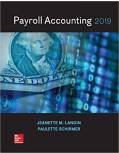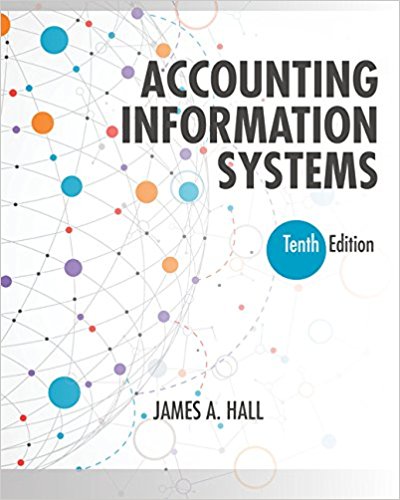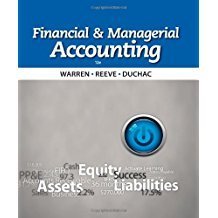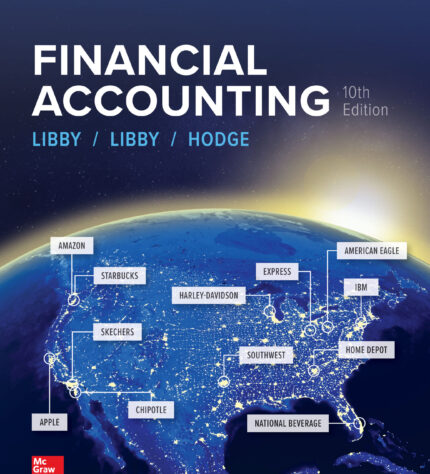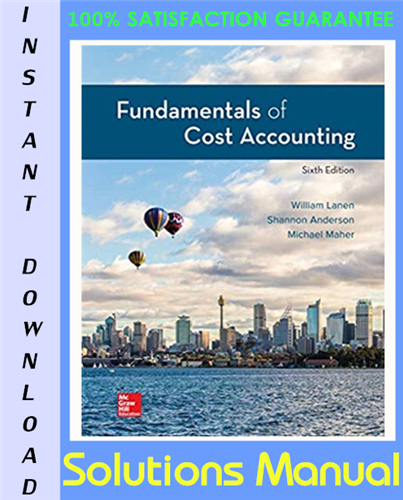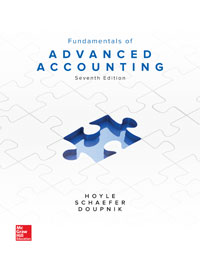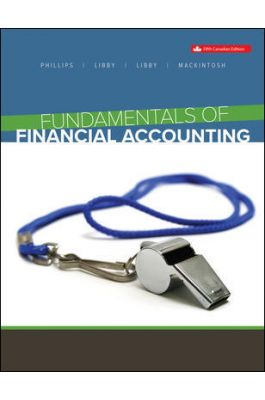Solution Manual for Payroll Accounting 2019 5th Edition By Landin
SOLUTIONS MANUAL: CHAPTER 1 END OF CHAPTER ANSWERS
ANSWERS TO STOP AND CHECK EXERCISES
Which Law?
- K
- H
- B
- F
- I
- J
- A
- D
- G
- C
- E
Which Payroll Law?
- D
- A
- F
- C
- G
- J
- B
- I
- H
- E
What’s Ethical?
- Answers will vary. Some concerns include data privacy and integrity in the software switchover, tax and employee pay integrity on the new software, and employee pay methods.
- Answers will vary. Liza could choose to ignore her sorority sister’s request, claiming professional responsibility. She could also discontinue active participation in the sorority. In any case, Liza must not consent to her sorority sister’s request for confidential information.
Confidential Records
As a payroll clerk, your task is to protect the privacy and confidentiality of the information you maintain for the company. If a student group—or any personnel aside from the company’s payroll employees and officers—wishes to review confidential records, you should deny their request. If needed, you should refer the group to your department’s manager to discuss the matter in more depth. The laws that apply to this situation are the Privacy Act of 1974, the Freedom of Information Act, and potentially HIPAA.
Large vs.Small
- Large companies face issues with multiple departments, employee access to online personnel portals, employee data security, and timekeeping accuracy.
- For small companies, the cost of outsourcing the payroll function needs to be considered. On one hand, a small company may not have personnel who are proficient with payroll regulations and tax reporting requirements, which leaves a company vulnerable to legal actions and stringent fines. However, engaging a payroll service company may be cost prohibitive. The decision to outsource the payroll for a small company should take into accountthe number of personnel, locations, and types of operations in which the company engages.

